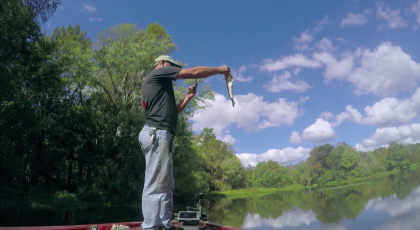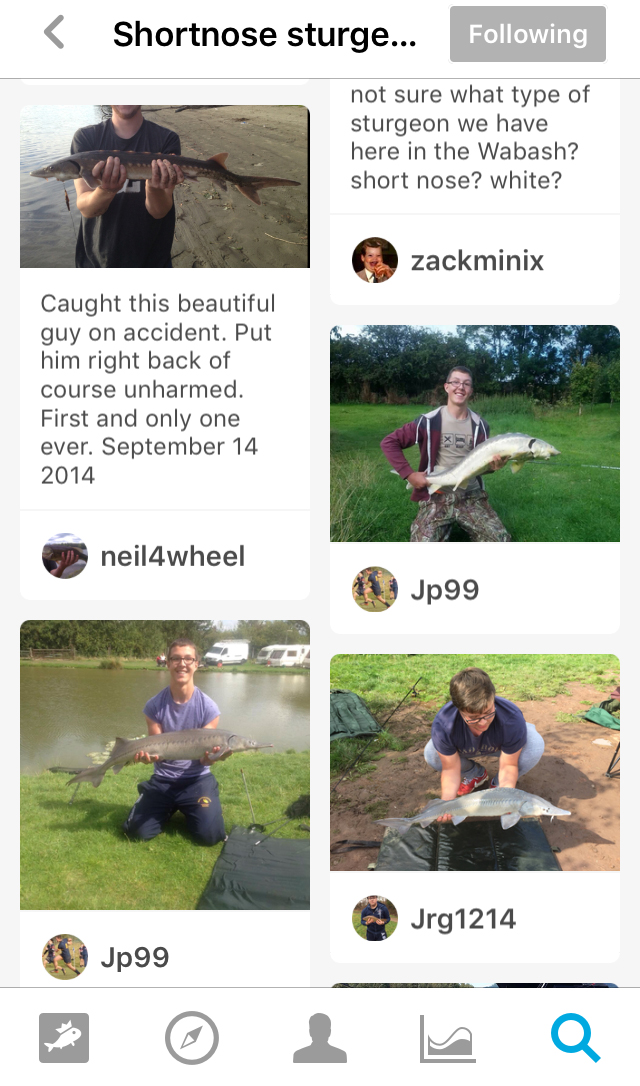World Wide Wildlife: how tech is being used to save our animals
Rivers are home to a wide array of different creatures. The problem is that they've become increasingly contaminated, making them harmful to wildlife.
In the US alone, 1.2 trillion gallons of contaminated water and waste enter rivers yearly. Fishbrain, an app for anglers, and the US Fish and Wildlife Service teamed up to solve this worrying problem.
Since last August, the app has been letting users log sightings of 50 freshwater and marine species - including fish, birds, mammals, insects and reptiles - which are recognised as endangered by the USFWS.
This data is allowing conservationists and academics to determine where the animals are found, the type of environments they need in order to survive, reasons for their decline, and ways the public can help protect native wildlife for future generations.
The USFWS, which is an official US Government agency, spent months carefully curating the list to ensure maximum protection. It examined occurrences of species living near major streams, rivers, lakes and creeks, which resulted in millions of results.

To narrow this down, it focused on species that anglers and the public would likely come into contact with.
All the animals, including the Shortnose Sturgeon, Kemp's Ridley Sea Turtle and the California Red-Legged Frog, are protected by US law.
Sign up for breaking news, reviews, opinion, top tech deals, and more.
Proving the success of the project, a staggering 1.4 million users have been logging sightings of threatened species for the last few months, with data getting sent to experts all over the US.
Johan Attby, CEO of Fishbrain, believes that tech has a responsibility to make the the world a better place.

"The fact that our app is being used by a governmental agency to help with conservation, research, biodiversity and everything in between, makes us incredibly proud indeed," he tells us.
"Our 1.4 million US users have been logging sightings of endangered species for seven months now, with the data being sent out to field biologists all over the country. Once the teams in the various different states have process the information we send over, we are looking forward to individual case studies coming to light that show how Fishbrain data is contributing to conversations about about biodiversity and conservation."
While tech is making our lives easier and creating massive profits for multi-billion dollar companies, it's important to remember that some of it is doing good for the world. Not only is it identifying the causes for rapid extinction, but it's also tackling the problems, giving hope for the future.
"Technology, as the defining industry of the 21st Century, has a responsibility to not only think about downloads and profit, but to also help make the world a better place," says Attby. "I could not be happier in knowing that we are doing our part."
Nicholas Fearn is a freelance technology journalist and copywriter from the Welsh valleys. His work has appeared in publications such as the FT, the Independent, the Daily Telegraph, The Next Web, T3, Android Central, Computer Weekly, and many others. He also happens to be a diehard Mariah Carey fan!